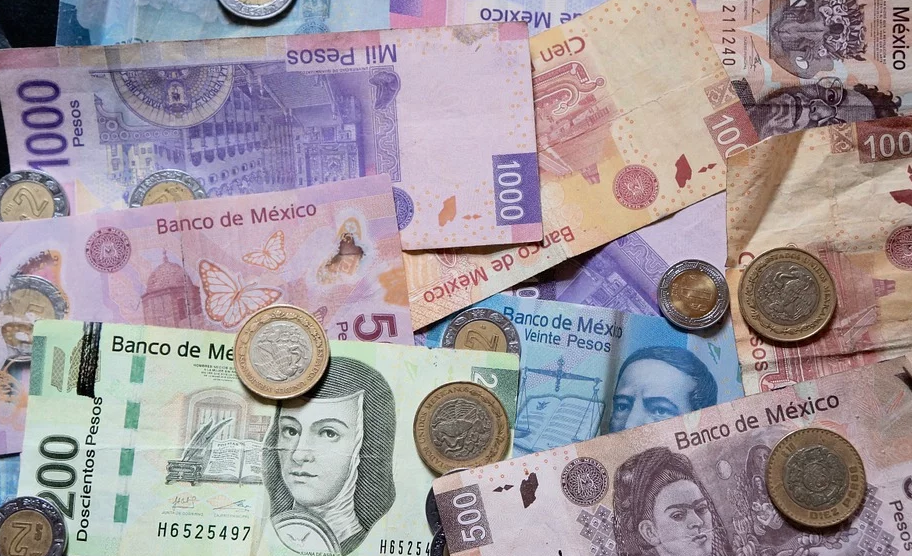Maximizing Mexico's Minimum Wage – Andres Manuel Lopez Obrador took office as Mexico's president last year on promises to reduce income inequality in his country. To accomplish this, he raised Mexico's unusually low minimum wage last year by 16 percent. On January 1, the wage will rise another 20 percent, roughly seven times the current rate of inflation. Supporters say the move will boost purchasing power and alleviate poverty. Critics warn that it will stoke inflation and discourage companies from hiring new workers. For perspective, even after these two hikes, the Mexican minimum wage will still be barely US $6.50… per day.
North Koreans Outside North Korea – There are almost 100,000 North Koreans working outside their home country, mainly in China and Russia. The NK government wants them to stay put, because the money they send home to their families helps keep North Korea's economy afloat. But a United Nations resolution, introduced two years ago in response to North Korean missile tests, says all these workers have to go home by December 22. Think they'll go?
Vito the Bionic Cat – If you've read reviews of the new film adaptation of "Cats," the Andrew Lloyd Webber musical, you know there's a solid chance it's the worst movie ever made. Like your Friday author, you probably had no intention of seeing it anyway. Fortunately, there has been good news this week in the world of real cats. For the first time in history (we think), veterinary surgeons have successfully attached prosthetic legs on an Italian cat. Vituzzo—his friends call him Vito—lost both hind legs in a car accident. Today, his new bionic legs have made him an Internet superstar. Somebody should make a movie about that.
